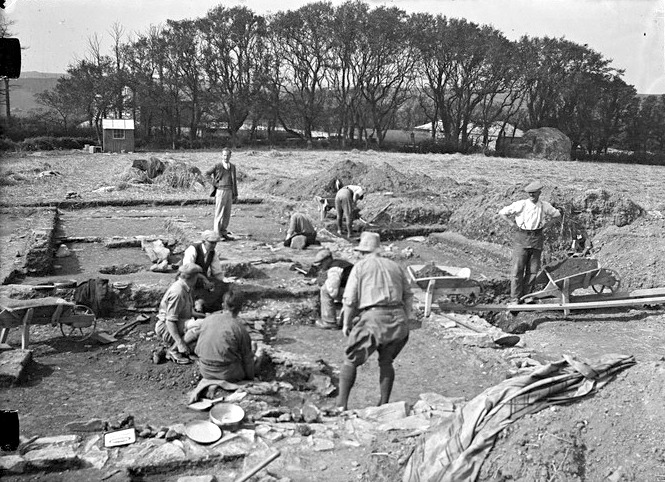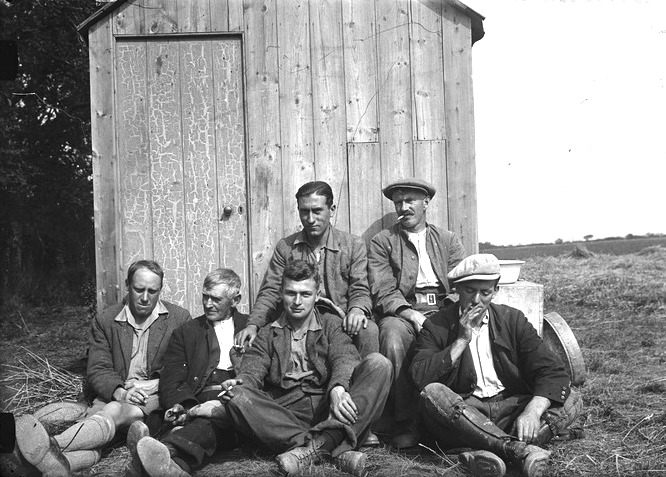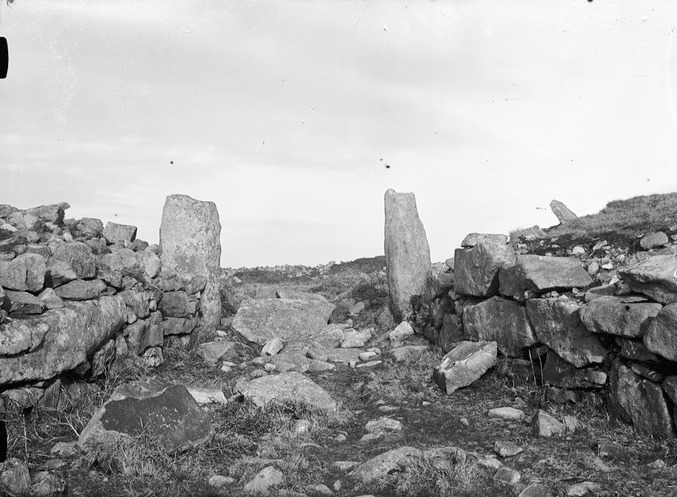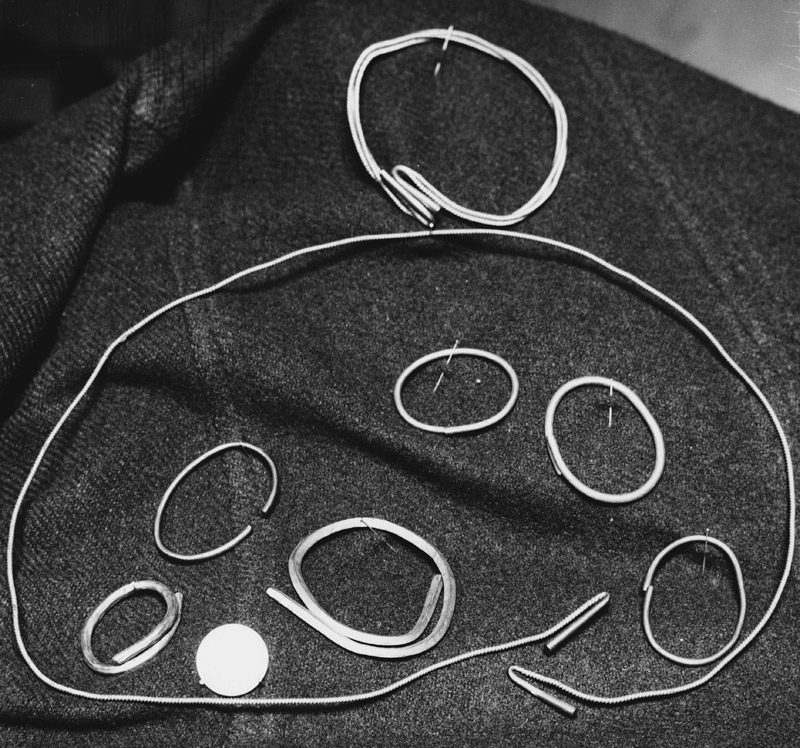Finishing the Stanley Opie archaeology collection
In March we blogged about our progress with the Stanley Opie archaeology collection. It is a wonderful collection of 1001 photographs, mainly glass negatives, covering archaeological and cultural subjects across Cornwall from the late 1920s to late 1930s. The project was kindly funded by Cornwall Heritage Trust.
We are pleased to announce that we have now digitised the entire collection and it is available to browse and search.
All of the negatives have been conserved and repackaged, going from rows like this:
To digitised files with the negatives packaged like this:
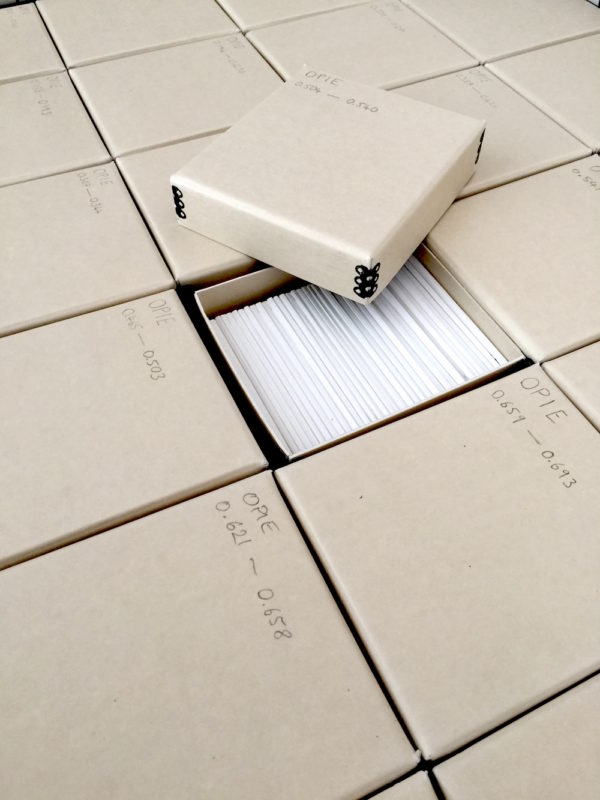
The conservation work on the negatives and their new packaging will ensure that each photograph will be in the best possible condition for many years to come. Each negative is now within its own acid free ‘enclosure’ – a slim box – and then 35 or so of these in a row in a larger archive box. This removes any pressure on the negatives themselves.
The digitised files will be more accessible and reduce or even remove the need to handle the originals other than for condition checks. Our digitised master scans of each of the photographs contain enough detail to resolve the film grain on the negative, ensuring that we have captured all of the detail. This is true of all our digitisation activities.
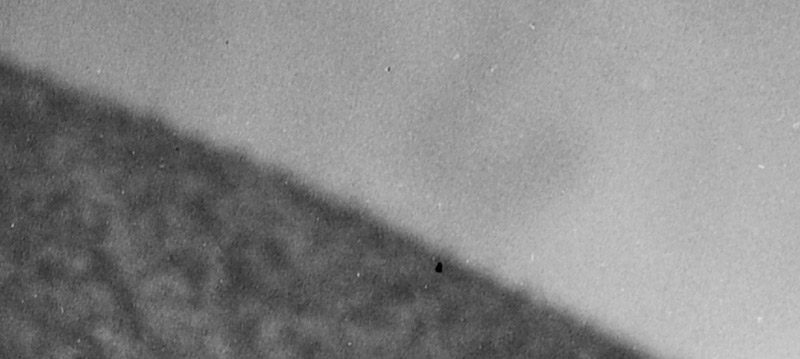
Extract at 100{defc6c7fbd01d59d7a37bb232e5984102f59d6325dfae2b611b202327c53c2bb} from the corner of a photograph showing the original film grain.
There is still work to be done, not least updating the catalogue entries, many of which are brief in the extreme. We will also be editing the “scan masters” to create copies which have been cropped and enhanced. This will be done over the coming months and we ask anyone with extra information about any of the photographs to get in touch with us.
The photographs themselves are fantastic; a real insight into the archaeology of Cornwall in the 20s and 30s. Here are some of the highlights:
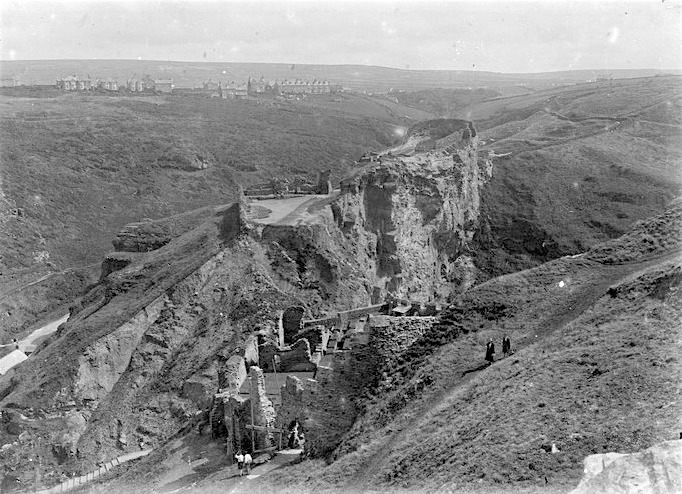
Excavations at Tintagel, 1930s (O.193)
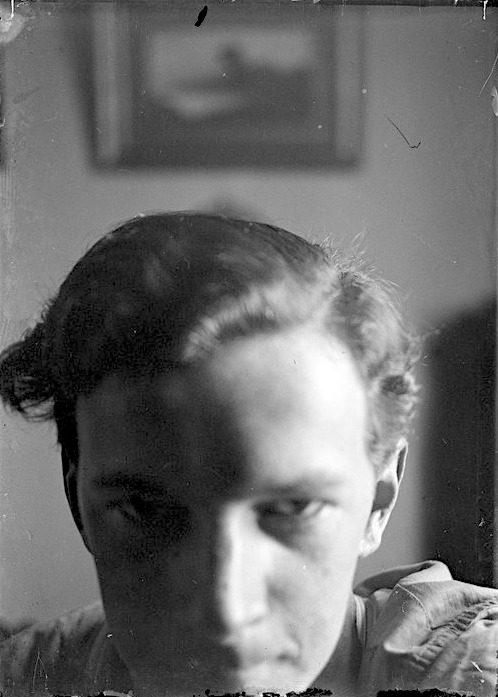
Selfies aren’t as recent a phenomena as we may think. Is this Stanley Opie taking his own photograph? (O.510)
You can view and browse all photos from the Stanley Opie Archaeology Collection and search them on our Photographic Archive catalogue.
The Morrab Library would like to extend great thanks to Cornwall Heritage Trust for funding this project.

